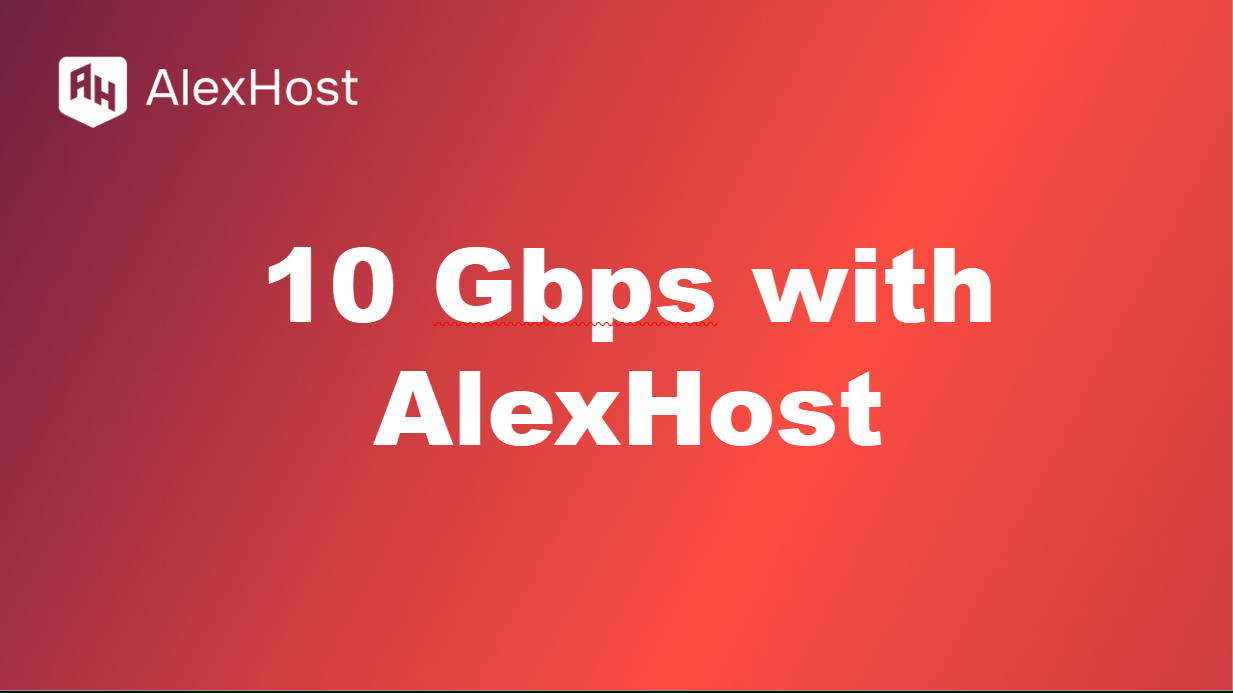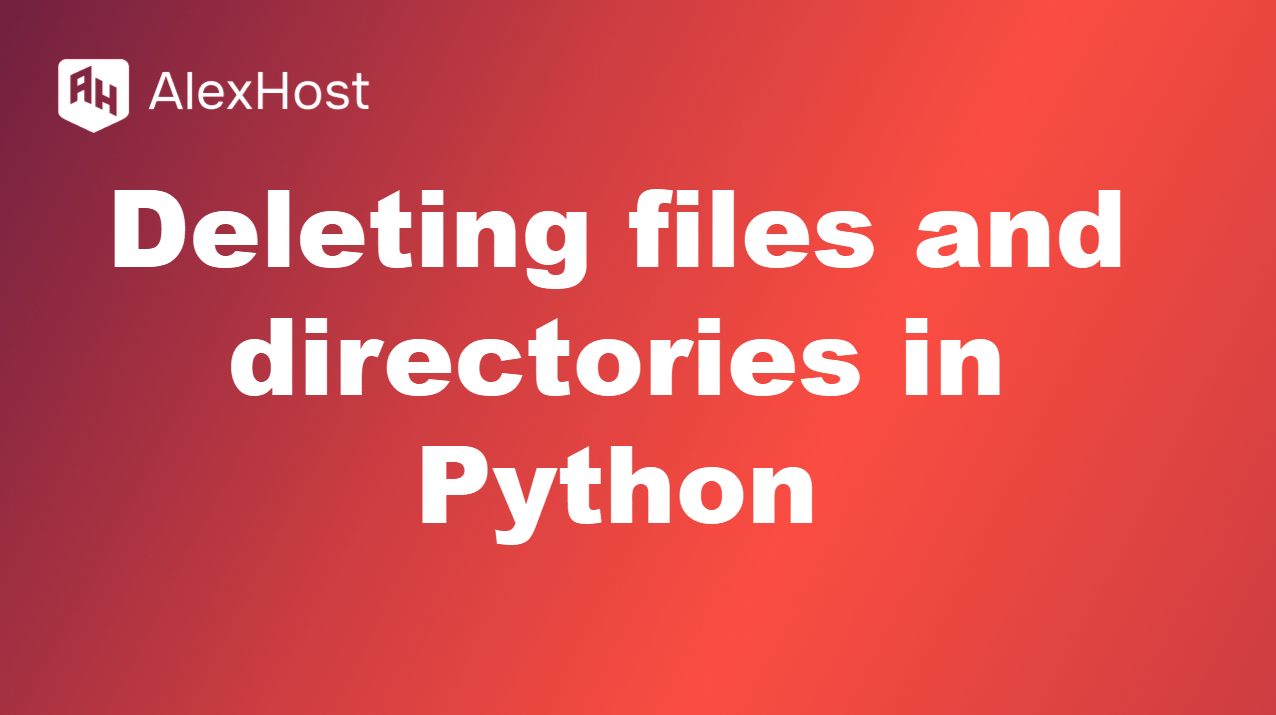Connecting to a GPU dedicated server from AlexHost is a process consisting of several stages: from choosing the right tariff to setting up and starting work. Below are the main steps for successfully connecting and using the server. Choosing the right tariff AlexHost offers two tariffs for GPU-dedicated servers: Dedicated servers are provided with two […]
Read MoreIn today’s digital age, launching a fast, secure, and reliable website shouldn’t be complicated — nor should it break the bank. Whether you’re building your first personal blog, deploying a WordPress portfolio, or hosting a lightweight business application, shared hosting remains one of the most accessible and budget-friendly ways to get online. But not all […]
Read MoreAlexHost proudly announces the launch of new dedicated servers specifically optimized for artificial intelligence (AI) and machine learning (ML) tasks. The new GPU AI servers are equipped with powerful graphics cards, high-performance processors, and fast NVMe storage, ensuring maximum computational efficiency. GPU AI Server Configuration Below is the detailed configuration of the new servers: Parameter […]
Read MoreWhen choosing a dedicated server, it’s not just about power—it’s about flexibility. At AlexHost, we understand that business needs evolve, and your server infrastructure should be able to adapt accordingly. Unlimited Flexibility Our dedicated servers allow you to add resources even after purchase. For instance, if your project requires additional RAM, you can easily upgrade […]
Read MoreIf you have purchased a dedicated server based on the Mac Mini M1 from AlexHost, follow this step-by-step guide to establish a remote desktop connection using RealVNC. While there are multiple ways to connect to a remote Mac Mini, the AlexHost team specifically recommends RealVNC due to its reliability, security, and cross-platform compatibility. Why Choose […]
Read MoreLinux is very widely used in server technology and development. One of the important aspects of Linux administration is the ability to view information about the users registered on the system. In this article we will look at various methods and commands for viewing users in Linux. Method #1: Checking with the /etc/passwd file One […]
Read MoreIn today’s data-driven world, high-performance servers are key to achieving optimal results, and AlexHost offers 10 Gbps bandwidth options for its dedicated servers. Understanding the differences in these options, their benefits, and limitations is essential for customers looking to harness the full potential of their server performance. 1. Overview of 10 Gbps Options AlexHost provides […]
Read MoreIn Python, working with files and directories is a common task, especially for applications that require file manipulation. This tutorial focuses on advanced methods for deleting files and directories using various Python modules, including os, shutil, and pathlib. Each of these modules provides different functionality for working with the file system, allowing you to efficiently […]
Read MoreAt AlexHost, we are dedicated to delivering exceptional services and value to our clients, particularly through the use of promotional codes. However, it is important to note that once a service is purchased using a promotional code, the possibility of receiving a refund is strictly limited. This policy is in place to maintain fairness and […]
Read MoreWhen working with MySQL databases, you may encounter utf8 and utf8mb4 character encodings, which at first glance may seem similar. However, they have significant differences that can affect data storage and display, especially when dealing with different characters and emojis. Understanding the differences between utf8 and utf8mb4 is critical to choosing the right character set […]
Read More









